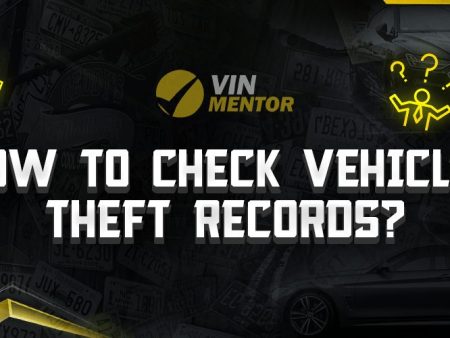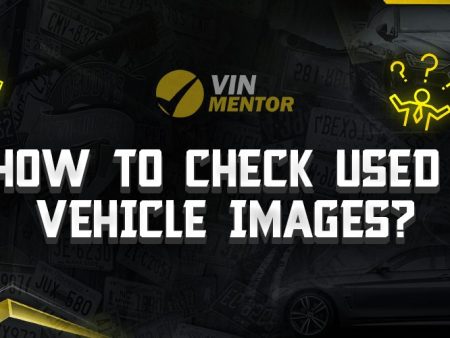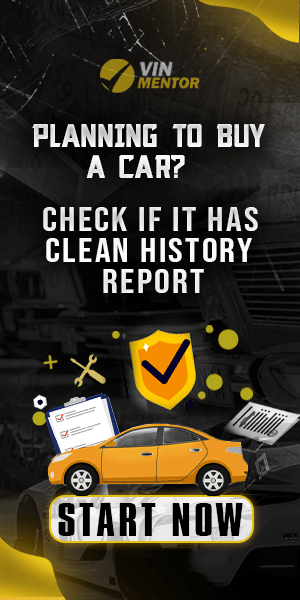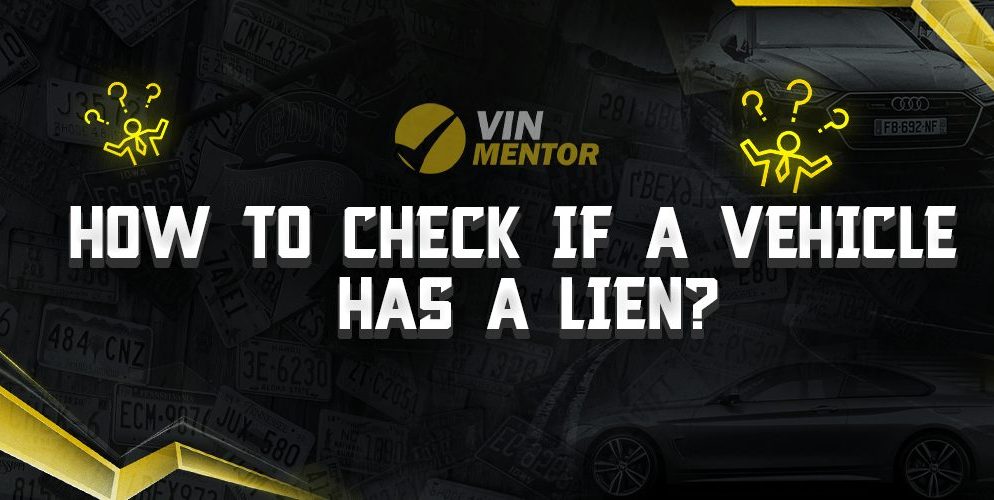
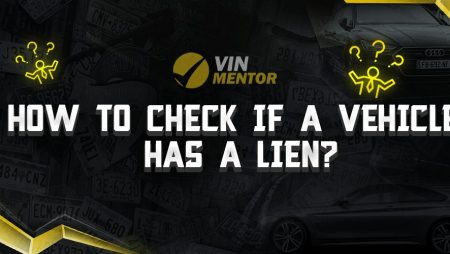
When buying a used vehicle, it’s essential to ensure that there are no existing liens on it. Discovering a lien on a vehicle after purchase can lead to complications and financial liabilities. In this article, we will guide you through the process of checking if a vehicle has a lien. By following the steps outlined below, you can make an informed decision and protect yourself from potential legal and financial issues.
Key Takeaways
- You can contact the lienholder directly, use a title search service, utilize government databases, or seek professional assistance to check if a vehicle has a lien.
- Reach out to the lienholder and inquire about the lien status on the vehicle. They can provide accurate information regarding any outstanding liens.
- Utilize reputable online title search services to conduct a search using the VIN or other required details.
- Visit the official website of your local DMV or similar government agency to access online databases that allow you to check the lien status of vehicles.
- Checking for liens is crucial to protect your investment when buying a used vehicle.
Methods to Check If a Vehicle Has a Lien
- Contact the Lienholder: One of the simplest ways to check for liens is to contact the lienholder directly. If you have information about the lienholder, such as their name or contact details, reach out to them and inquire about the lien status on the vehicle in question. They will be able to provide you with accurate information regarding any outstanding liens.
- Use a Title Search Service: Title search services can be valuable resources for checking a vehicle’s lien status. These services can provide detailed information about a vehicle’s history, including any liens recorded against it. Look for reputable online title search services and follow their instructions to conduct a search using the Vehicle’s Identification Number (VIN) or other required details.
- Utilize Government Databases: Some governments offer online databases where you can search for information about liens on vehicles. Visit the official website of your local department of motor vehicles (DMV) or similar government agency. Look for a specific section or tool dedicated to checking lien status. Enter the required details, such as the VIN or license plate number, to access information about any recorded liens.
- Seek Professional Assistance: If you are unsure or uncomfortable conducting a lien search on your own, consider seeking professional assistance. Title agencies, attorneys, or licensed vehicle inspectors can provide expertise in conducting thorough lien searches. They have access to comprehensive databases and resources that can help uncover any existing liens on a vehicle.
Understanding the Importance of Checking for Liens
- Protecting Your Investment: Checking for liens is crucial to protect your investment when purchasing a used vehicle. Liens can represent outstanding debts or legal claims against the vehicle, which may transfer to you as the new owner if not properly addressed.
- Avoiding Legal Complications: Uncovering a lien after purchasing a vehicle can lead to legal complications, including potential repossession or financial obligations. By checking for liens beforehand, you can avoid these complications and make an informed decision about the purchase.
- Ensuring Clear Ownership: Verifying the absence of liens ensures that you have clear ownership of the vehicle. This is essential for obtaining proper insurance coverage, transferring the title, and registering the vehicle in your name.
- Negotiating Price and Terms: Discovering a lien on a vehicle allows you to negotiate the price and terms of the purchase. If there is a lien, you may request the seller to resolve it before completing the transaction or adjust the price accordingly.
Conclusion
Checking if a vehicle has a lien is a crucial step when purchasing a used vehicle. By following the methods outlined in this article, such as contacting the lienholder, using title search services, utilizing government databases, or seeking professional assistance, you can uncover any existing liens and make an informed decision. Also, if you’re considering purchasing a used vehicle, you can perform a VIN Check to further verify the vehicle’s lien status and ensure a secure transaction.
FAQ
Why is it important to check if a vehicle has a lien?
Checking for liens is crucial to protect your investment when buying a used vehicle. It helps you avoid potential legal and financial complications that may arise from undisclosed liens.
How can I contact the lienholder to check the lien status?
If you have information about the lienholder, such as their name or contact details, you can reach out to them directly and inquire about the lien status on the vehicle in question.
What is a title search service, and how can it help me check for liens?
A title search service is a valuable resource that provides detailed information about a vehicle’s history, including any recorded liens. You can use reputable online title search services and conduct a search using the vehicle’s VIN or other required details.
Are there government databases available for checking lien status?
Yes, some governments offer online databases, such as those provided by the local department of motor vehicles (DMV) or similar government agencies. These databases allow you to search for information about liens on vehicles by entering the required details like the VIN or license plate number.
What should I do if I’m uncomfortable conducting a lien search on my own?
If you are unsure or uncomfortable conducting a lien search on your own, you can consider seeking professional assistance. Title agencies, attorneys, or licensed vehicle inspectors can help you with thorough lien searches, as they have access to comprehensive databases and resources.
What are the risks of buying a vehicle with an existing lien?
Purchasing a vehicle with an existing lien can lead to legal complications, such as potential repossession or financial obligations. It is important to resolve any outstanding liens before completing the purchase or negotiate the price and terms accordingly.
Can I negotiate the price if a lien is discovered?
Yes, discovering a lien on a vehicle gives you the opportunity to negotiate the price and terms of the purchase. You may request the seller to resolve the lien before completing the transaction or adjust the price based on the lien’s presence.
Is a lien search necessary even if I perform a VIN check?
While a VIN check can provide some information about a vehicle’s history, it may not always reveal the presence of a lien. Conducting a separate lien search is recommended to ensure a comprehensive evaluation of the vehicle’s lien status.

